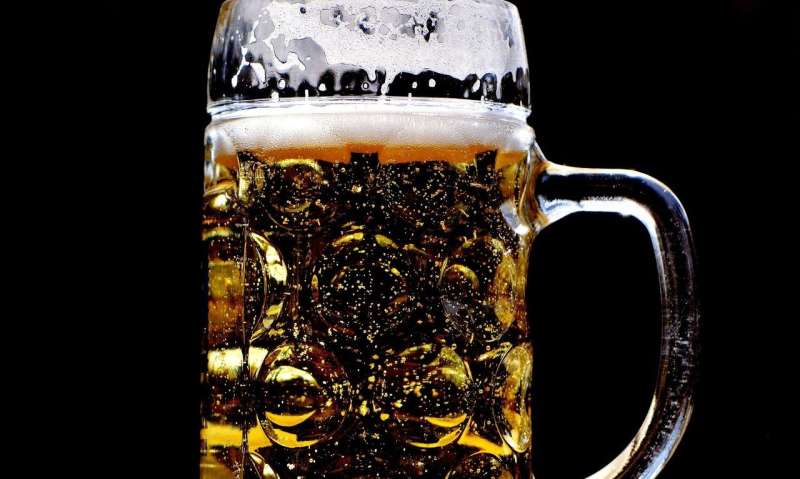
People of mixed race are experiencing high levels of racial discrimination, and this is linked to their increased risk of heavy drinking, according to a new study in Alcoholism: Clinical & Experimental Research. Multiracial individuals also report relatively low levels of racial identity affiliation—a sense of connection to a racial group or groups that may buffer against the impact of discrimination. Heavy alcohol use is linked to higher risk of negative health consequences including alcohol use disorder. But research on relevant factors linked to heavy alcohol use in multiracial people is incomplete, with mixed findings. Understanding the interaction of racially linked influences and alcohol consumption can potentially inform interventions aimed at preventing or reducing risky drinking. Researchers at the University of Rhode Island compared levels of heavy drinking and some factors that may influence it, including racial discrimination and racial identity affiliation, in multiracial and single-race adults. They also explored whether racial discrimination and affiliation, and the interaction of the two, correlated with heavy drinking in multiracial people.
The study made used of a previously existing dataset (The National Epidemiologic Survey on Alcohol and Related Conditions-III) that involved more than 29,000 adults who identified as either White (66%), Black (26%), Asian (5%), or multiracial (2%). In 2012-13, trained interviewers visited the participants at home and collected data on alcohol and substance use, demographics, and factors potentially affecting risky drinking. The participants answered questions exploring the strength of their affiliation with their race(s) and assessing their past year heavy alcohol use and experiences of discrimination (such as being called a racist name). Heavy alcohol use is defined as binge drinking (five drinks in two hours for men, four drinks in two hours for women) on five or more days in a month. The investigators used statistical analysis to explore associations between heavy drinking and various risk factors.
Almost 10% of multiracial participants reported heavy alcohol use in the past year—similar to White and Black individuals, and higher than Asian people. Nearly half of the multiracial participants (46%) reported racial discrimination—a lower percentage than Black individuals (possibly because the study did not capture certain types of discrimination facing mixed-race people), and higher than Asian and White people. Multiracial people reporting more experiences of racial discrimination were also more likely to report heavy drinking. Multiracial people reported lower levels of racial identity affiliation than Black and Asian participants, a similar level to White people. Racial identity affiliation did not correlate with heavy drinking, however. This may reflect the small size of some of the study groups, or the possibility that studies such as this are not capturing the complexity of multiracial identity. White people may not give much thought to race, for example, while multiracial individuals may be hyper-aware of their racial status and struggle to feel they belong, potentially losing the affiliation that may protect against substance use.
The researchers advised that mentorship may benefit multiracial youth. They recommend that multiracial people are included in explorations of racial discrimination and that researchers investigate the best ways to measure racially linked experiences and identity in multiracial individuals. They noted that multiracial populations are highly heterogenous and the study findings may not apply broadly.
Research Society on Alcoholism

